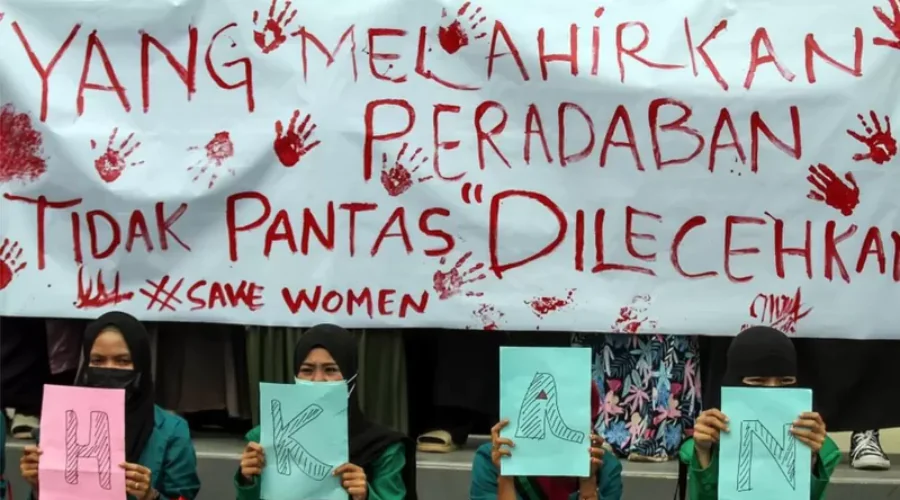
- 19 Apr
- 2022
Ilustrasi gambar(ANTARA FOTO)
TPKS Law Passed, Here's the Response of UM Surabaya Lecturers
One week ago, on April 12, 2022, the DPR RI passed the Law on Crimes against Sexual Violence (RUU TPKS) into law. The struggle and hard work of various parties over the past 10 years has finally paid off. This attracted the attention of Lecturer UM Surabaya Sri Lestari to provide a response.
Appreciation should be given to the DPR RI for working hard and fast after there was a rejection of the initiative bill at the Baleg in 2021. Even so, there were several articles that were not successfully passed.
“First, several articles such as rape and abortion fail to be regulated in detail so there is fear that this will make the victims unable to access the law. Likewise, Article 35 regarding restitution of victims as compensation that must be paid by the perpetrators also failed to be ratified," said Tari Tuesday (19/4/22)
According to Tari Lecturer who is also an observer of women, the community now has the TPKS Law which contains important breakthroughs that regulate 9 forms of sexual violence, namely physical sexual harassment, non-physical sexual harassment, electronic-based sexual harassment, forced contraception, forced sterilization, sexual torture, sexual exploitation. , sexual slavery and forced marriage.
"The passing of this law also comprehensively regulates prevention, recovery of victims, punishment of perpetrators, prevention and monitoring of criminal acts of sexual violence," he added.
Tari further explained that this success was a gift for many parties who had fought for advocacy for victims of sexual violence, which in the future there were still many things that needed to be resolved and become joint PR.
First, the implementation of handling victims of sexual violence that is not regulated in the TPKS law article must receive further attention. Second, there must be a principle that guarantees the non-recurrence of sexual violence because this will be very important for the process of preventing and recovering from victims. It is also necessary to ensure that in its implementation victims receive comprehensive services in terms of protection, recovery and access to legal services.
“The government also needs to change its legal culture which has tended to stigmatize and discriminate against victims of sexual violence. Prevention agencies and campaigns about sexual violence also need to be carried out massively," he added.
On the other hand, the state also needs to educate its apparatus so that they have a gender-equitable perspective. In the recruitment of state apparatus there must be a clear principle that candidates have never been indicated as perpetrators of acts of sexual violence.
“Don't let this law become an empty message after it is passed, the implementation of which only tapers upwards but blunts downwards. Of course the government and elements of society need to work together to implement the TPKS law in order to create an Indonesia free of sexual violence," he concluded.





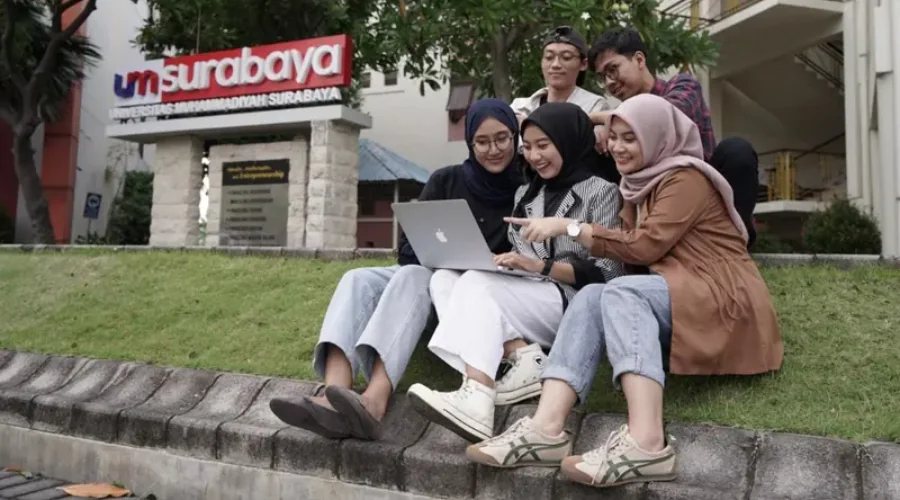
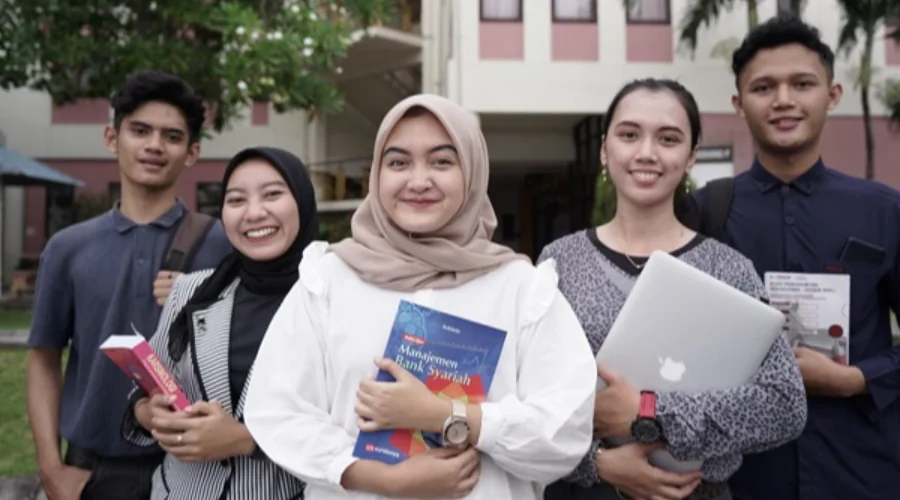
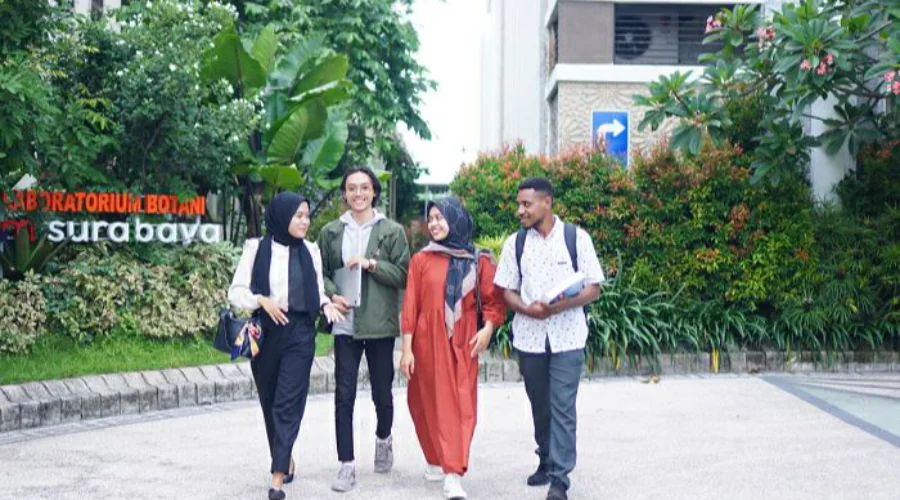

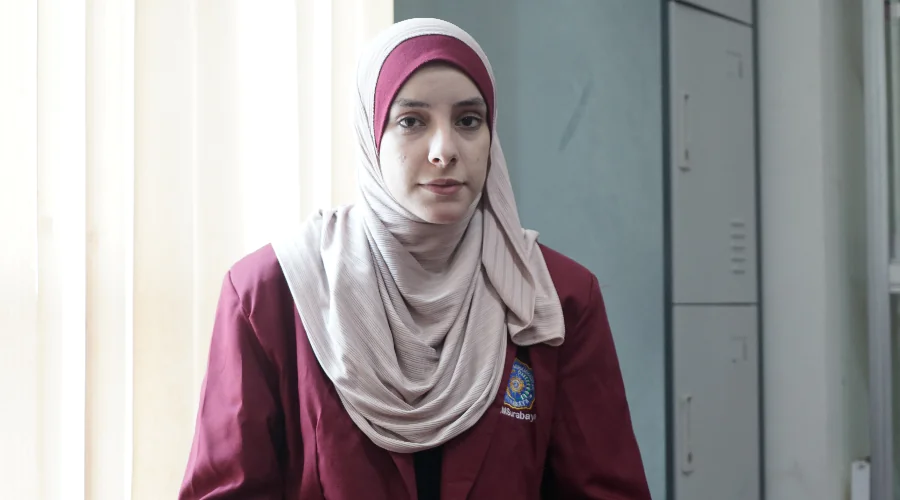
(0) Comments